Like external parasites, dogs are also at risk of being infested with internal parasites, which often affect the digestive system but can harm the heart and immune system. These parasites can be transmitted to other pets in the household and even to family members. That’s why it’s essential to deworm your dog throughout its life regularly. In this post, we’ll explain how infestation with these parasites occurs, what internal parasites exist, the symptoms they cause in furry friends, and the necessary treatment to fight them.
Internal parasites commonly cause
One of the most common causes of internal parasites in dogs is the bite of intermediate hosts, such as fleas, ticks, and mosquitoes. These hosts can transmit the parasites to a dog’s body, spreading them to different organs and systems. In the digestive system, for example, internal parasites can take up residence in the intestine and feed on the blood and nutrients of their host, causing tissue damage and potentially leading to blockages or even death if left untreated. Other common causes of internal parasites in dogs include ingesting contaminated food or water and close contact with other infected animals.
You may also interest: Don’t Ignore Your Dog’s Dental Health: Here’s How to Clean Their Teeth
Types of worms in dogs
Whipworms
- Whipworms in dogs look like whips and can cause serious health issues if left untreated.
- Dogs can get infected by whipworms by consuming contaminated soil or excrement.
- Symptoms of whipworm infection include diarrhea, weight loss, and poor coat quality.
- It's important to seek veterinary attention if your dog exhibits any of these symptoms.
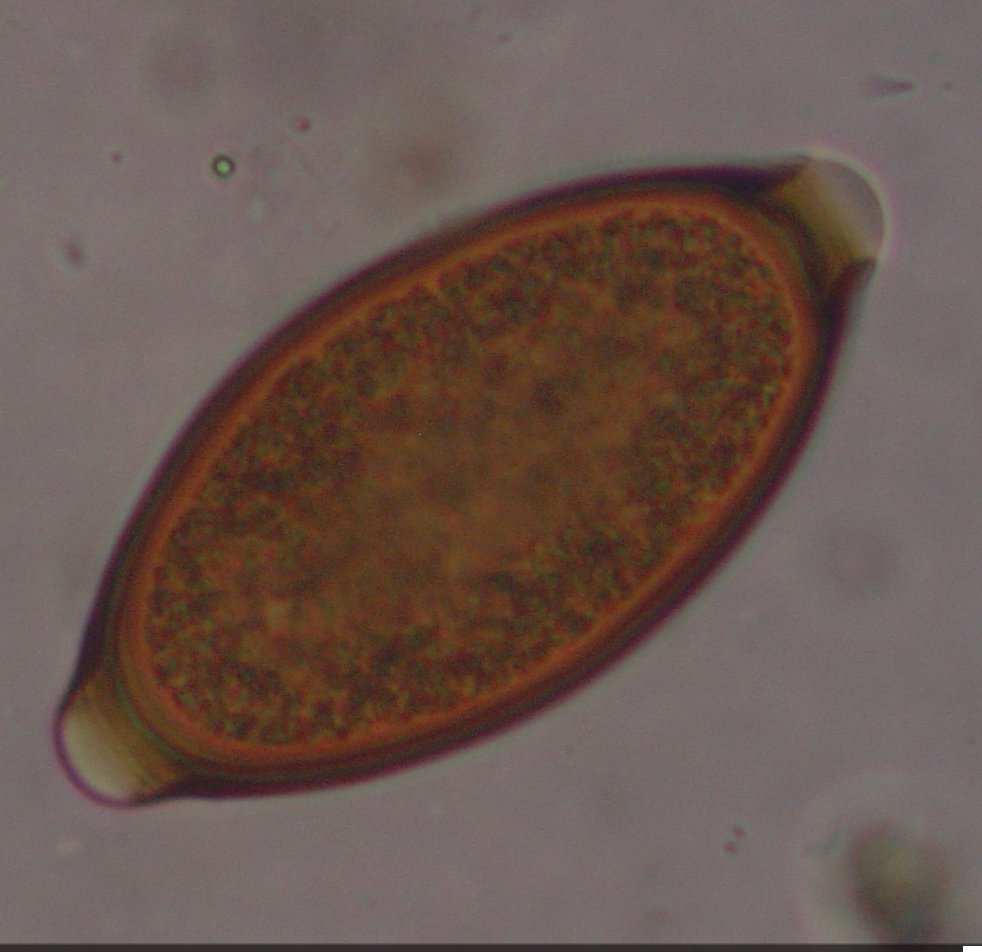
- Regular deworming is crucial to prevent whipworms and other parasites
- Early detection and treatment are key when it comes to whipworms in dogs.
- A veterinarian can diagnose whipworms through a physical and fecal exam.
Roundworms
- Roundworms are a common type of intestinal parasite that can infect dogs, especially puppies.
- They are spread through contaminated feces, soil, and the milk and placenta of infected mothers.
- Symptoms of roundworm infection in dogs include vomiting, diarrhea, weight loss, and a pot-bellied appearance.
- It's important to seek veterinary attention if your dog exhibits any of these symptoms.
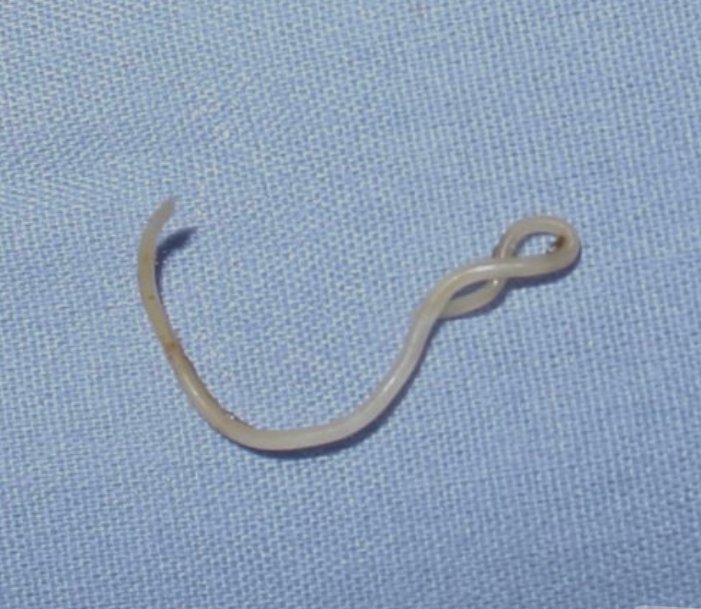
- Roundworms can also be transmitted to humans, especially children who come into contact with infected feces or soil
- By being aware of symptoms and practicing good hygiene, you can help keep your furry friend and your family healthy.
Hookworms
- Hookworms are small, thin worms that attach to the intestinal lining of their host and feed on blood.
- Puppies are particularly susceptible to the severe health effects of hookworm infection due to their developing immune systems.
- Symptoms of hookworm infection in dogs can include loss of appetite, diarrhea, lethargy, and a dull coat.
- If you suspect your dog has hookworms, it's important to seek veterinary attention immediately.
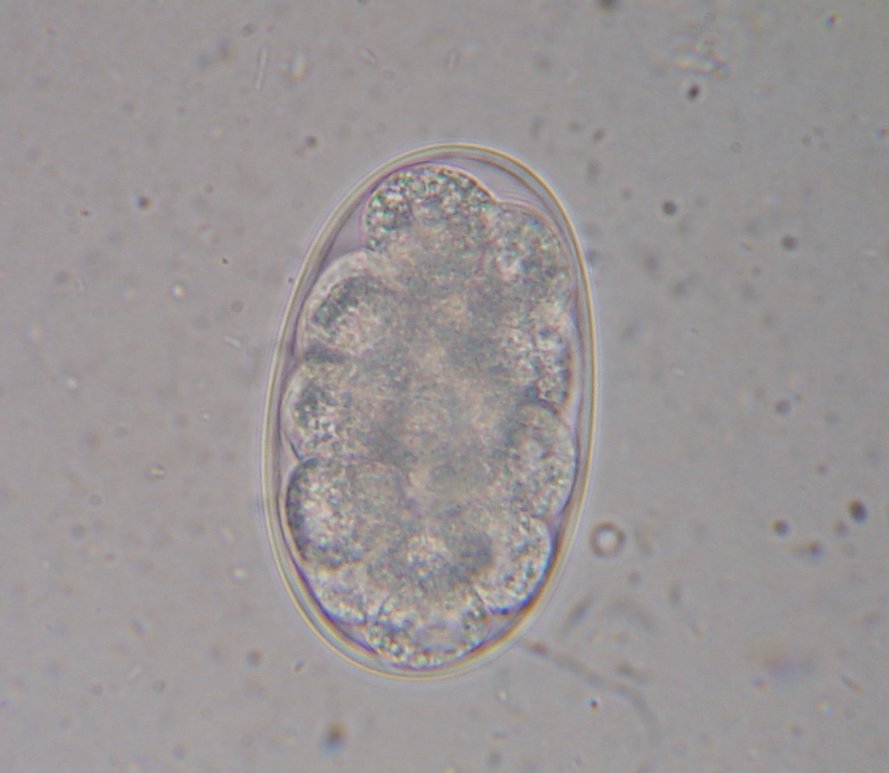
- To prevent hookworms and other parasites, it's important to regularly check and deworm your dog
- Remember, hookworms can also be transmitted to humans, so it's important to practice good hygiene and keep your dog and home clean to prevent the spread of infection.
You may also interest: Tick on Dogs: Protect Your Dog from These Bloodsucking Parasites
Lungworms
- Lungworms are worms that live in dogs' lungs and airways and can be fatal if left untreated
- They are spread by the bites of infected snails or slugs, so keep your dog away from these creatures.
- Symptoms of lungworm infection in dogs include coughing, difficulty breathing, exercise intolerance, weight loss, chest and abdominal pain, and bloody or mucoid diarrhea.
- A veterinarian can diagnose lungworms through a physical exam and tests such as a chest X-ray or fecal exam
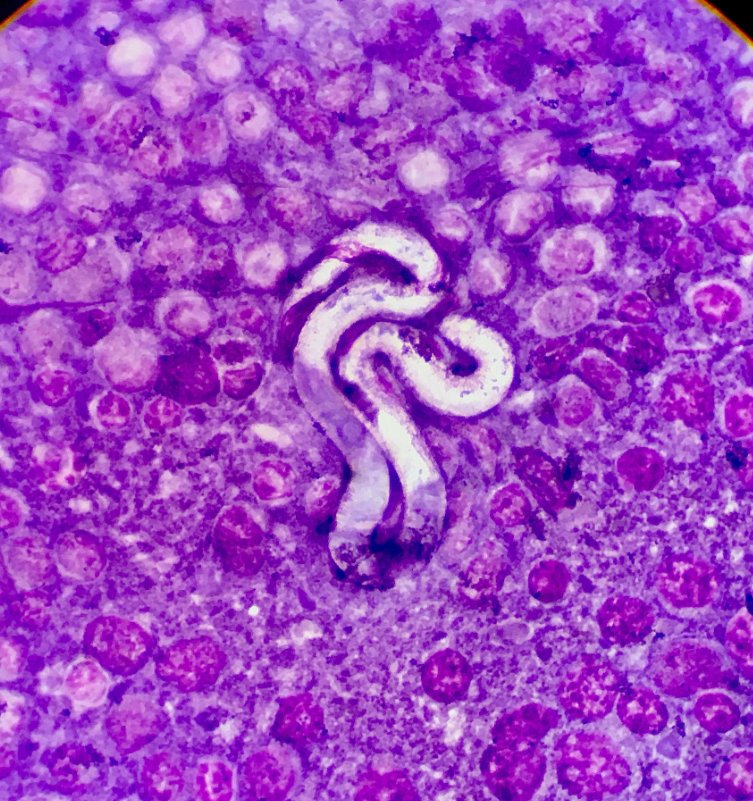
- It is crucial to follow the veterinarian's instructions and provide all of your dog's prescriptions to eliminate the worms.
- Treatment typically involves the use of deworming medications and supportive care to help your dog recover.
Tapeworms
- Tapeworms are long, flat worms made up of microscopic segments that carry tapeworm eggs.
- Dogs can get tapeworms by ingesting infected fleas or eating infected rodents
- Symptoms of tapeworm infection in dogs may include weight loss and a poor coat appearance, as well as the presence of small, white segments in the feces or near the anus.
- Treatment for tapeworms in dogs typically involves the use of deworming medications.
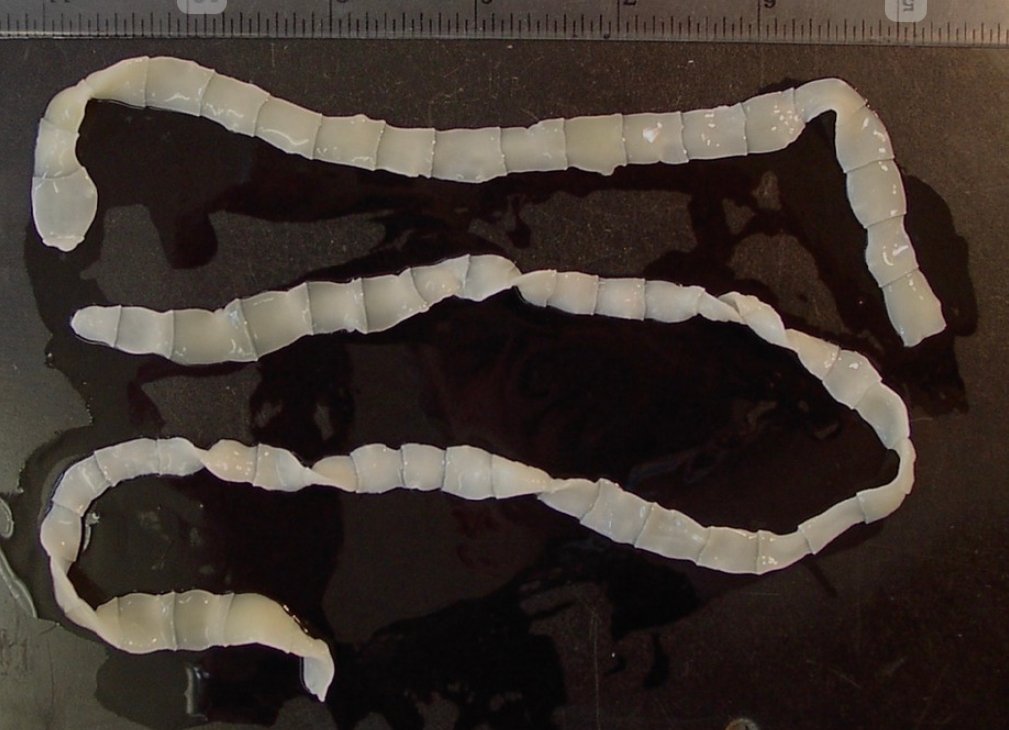
- Regular deworming is important to keep tapeworms and other parasites at bay, and your veterinarian can help create a deworming schedule tailored to your dog's needs.
- By staying informed and proactive, you can help keep your furry friend healthy and free from tapeworms and other parasites.
Heartworms
- Heartworms are slim parasites that infect dogs and other animals, residing in the heart and lung blood vessels and causing heart failure and lung disease.
- Mosquitoes are the carriers of heartworm disease, so areas with high mosquito populations have a higher risk of an outbreak.
- Symptoms of heartworm infection in dogs include coughing, wheezing, decreased appetite, and excessive fatigue.
- Regular testing and preventative medication can help reduce the risk of heartworm infection, which is difficult to treat and can be fatal if left untreated
- Your veterinarian can recommend the appropriate preventive medication based on your dog's size, diet, and lifestyle.
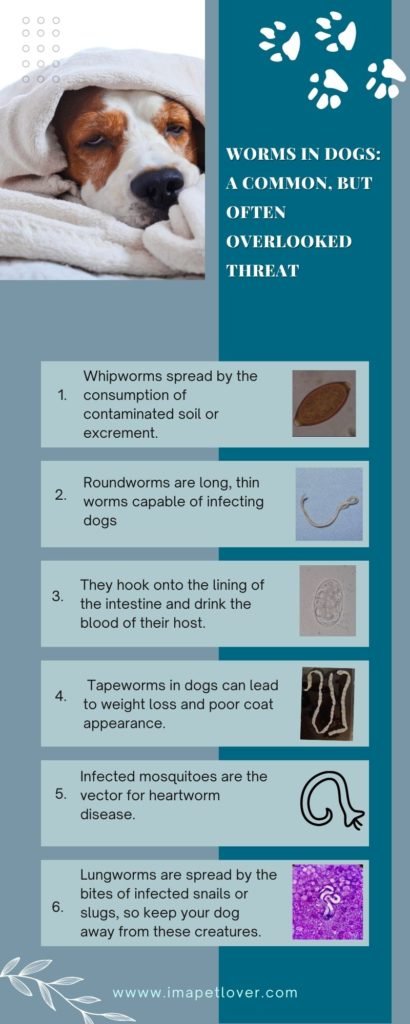
You may also interest: Leishmaniasis in Dogs: Symptoms, Treatment, and Prevention
There are several ways how to get rid of parasites in dogs:
Medications: Your veterinarian can prescribe medications to kill the parasites and help your dog recover. These may be in the form of pills, liquids, or topical treatments.
Fecal exams: Your veterinarian can perform a fecal exam to check for parasites in your dog’s stool. That can help identify the type of parasite and the most appropriate treatment.
Regular deworming: It’s important to deworm your dog to prevent parasites buildup regularly. Your veterinarian can recommend a deworming schedule based on your dog’s age, health, and lifestyle.
Cleanliness: Keep your dog’s living environment clean and free of feces to prevent the spread of parasites. That includes regularly cleaning their bedding, toys, and outdoor areas.
Prevention: You can also take preventive measures to reduce your dog’s risk of contracting parasites. That includes using monthly preventative medications, avoiding letting your dog eat rodents or raw meat, and avoiding areas where parasites are common.
To summarize, worms in dogs can represent a significant health risk, and you should not ignore them. You may help protect your dog from these deadly parasites by keeping on top of your dog’s deworming program and implementing preventative steps. If you see any worm signs in your dog, you might see your veterinarian as soon as possible to receive a correct diagnosis and treatment plan. You and your veterinarian can work together to keep your dog healthy and happy for many years.

